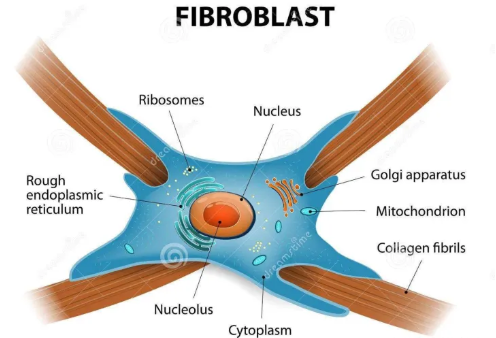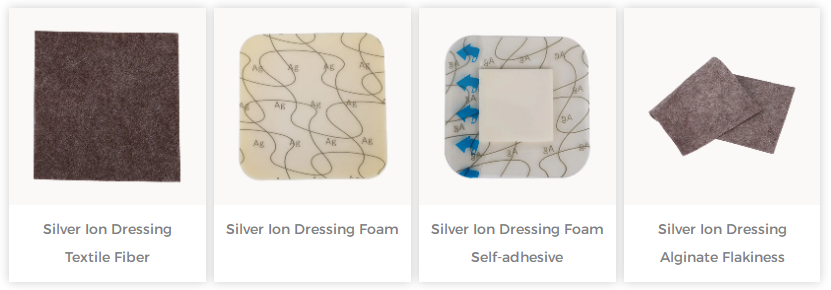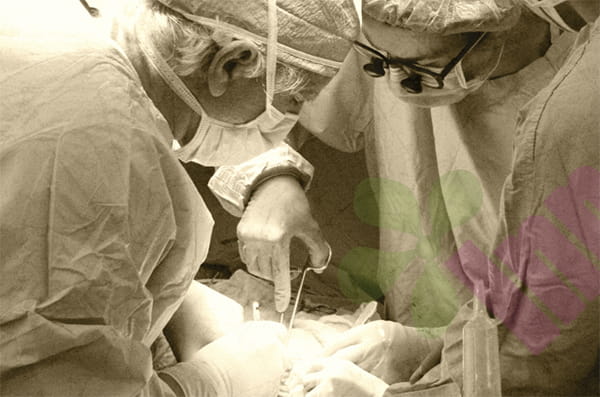Everyone knows that smoking is the root of all evil, and has various direct or indirect relationships with many health problems in the body. At present, there are more than 1.1 billion smokers in the world. In the United States, smoking causes more than 480,000 deaths per year, which is about one-fifth of the deaths. It has been clinically verified that the wound healing time of smoking patients is longer than that of non-smoking people, and smoking increases the infection rate of wounds.
Why does smoking affect wound healing?
The key to the effect is to slow down the supply of oxygen and nutrients in the blood, which is crucial for wound healing.
1. Reduce oxygen intake:
Smoking essentially narrows blood vessels, damaging them and making them thicker and narrower, which increases your heart rate and blood pressure. Worse, you're replacing the fresh oxygen your body needs with a deadly combination of chemicals. Nicotine and CO in smoke can damage epithelial cells and increase cell permeability. Nicotine can also reduce prostacyclin, shed vascular endothelial cells, and increase vascular resistance, and platelet aggregation, thereby increasing blood viscosity and slowing blood flow. Cause tissue microcirculation disturbance. CO produced by tobacco combustion can competitively inhibit the combination of hemoglobin and oxygen, reducing blood and oxygen supply to the wound skin, and making it difficult for nutrients to meet the needs of wound healing. Decreased oxygenated hemoglobin in the blood results in impaired tissue hyperemia and cellular hypoxia, which delays wound healing.
2. Reduce nutrient supply:
First, the body needs a lot of energy/calories to heal the wound. But because nicotine is a proven appetite suppressant, smokers are more likely to consume fewer calories, leading to delayed or impaired wound healing. In terms of nutrition, smokers tend to eat unhealthy diets, be less physically active and drink more alcohol. These have adverse effects on wound healing.
3.Immune system function and infection risk:
Having a healthy immune system plays a vital role in helping the body fight disease or infection. When you have a wound, you need your immune system more than ever. Smoking reduces the effectiveness of your immune system because the cells and antibodies in your body can no longer function optimally. Because these cells and antibodies help protect the body from harmful substances like bacteria, it can cause wounds to heal more slowly and increase your risk of developing infections. Also, it can make it harder for the body to carry any medications used to treat the infected area.
4.Smoking and diabetes :
People with diabetes are already in a situation where wounds don't heal easily. But, one thing you might not know is that people who smoke are 30 to 40 percent more likely to develop type 2 diabetes than non-smokers. This means that smokers with diabetes have a higher risk of wound complications.
Help patients quit smoking by educating your patients :
Especially wound care professionals, we must continue to educate our patients on the link between smoking and poor wound healing. Smoking can cause or exacerbate five underlying conditions that hinder wound healing: poor circulation, infection, edema, malnutrition, and repetitive trauma. Once the patient is confirmed to be a smoker, help them quit smoking 6 to 8 weeks before surgery, and emphasize the dangers of smoking to the patient. Studies have shown that quitting smoking can effectively improve wound healing and reduce infection and other complications.
For more information on Innomed® silver ion dressing, refer to the previous articles. If you have customized needs, you are welcome to contact us; we will serve you wholeheartedly. At Longterm Medical, we transform this data by innovating and developing products that make life easier for those who need loving care.
Editor: kiki Jia
Date: January 31, 2023

 English
English عربى
عربى Español
Español русский
русский 中文简体
中文简体








